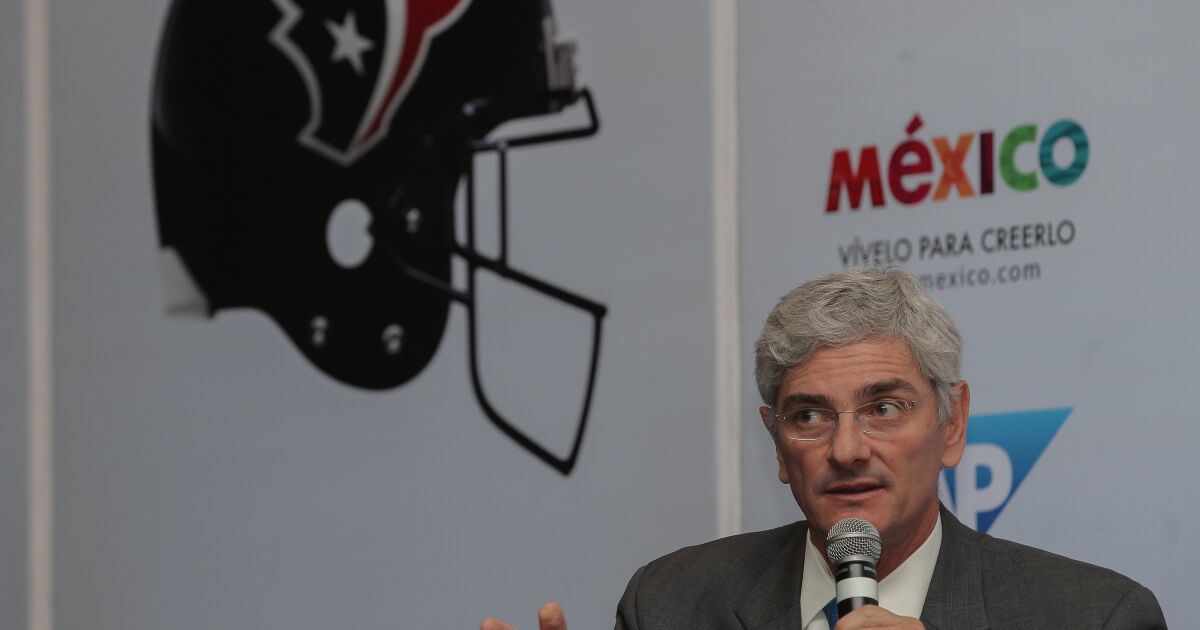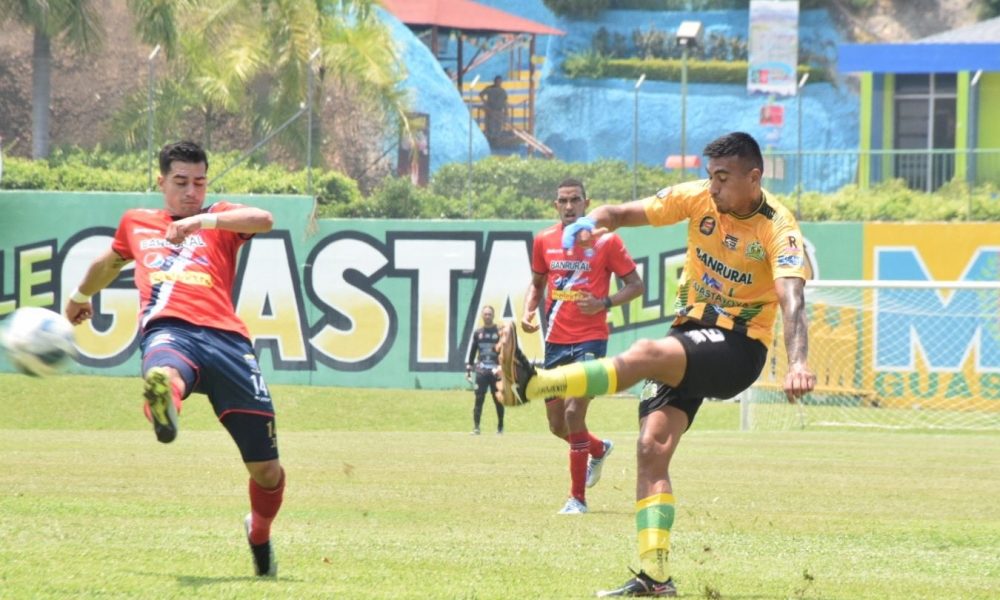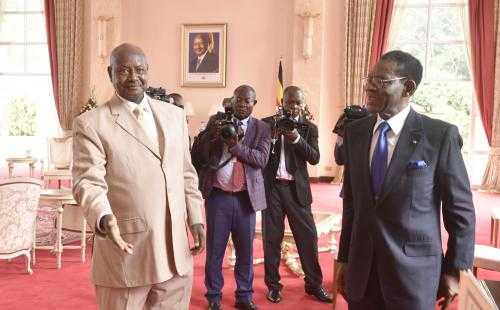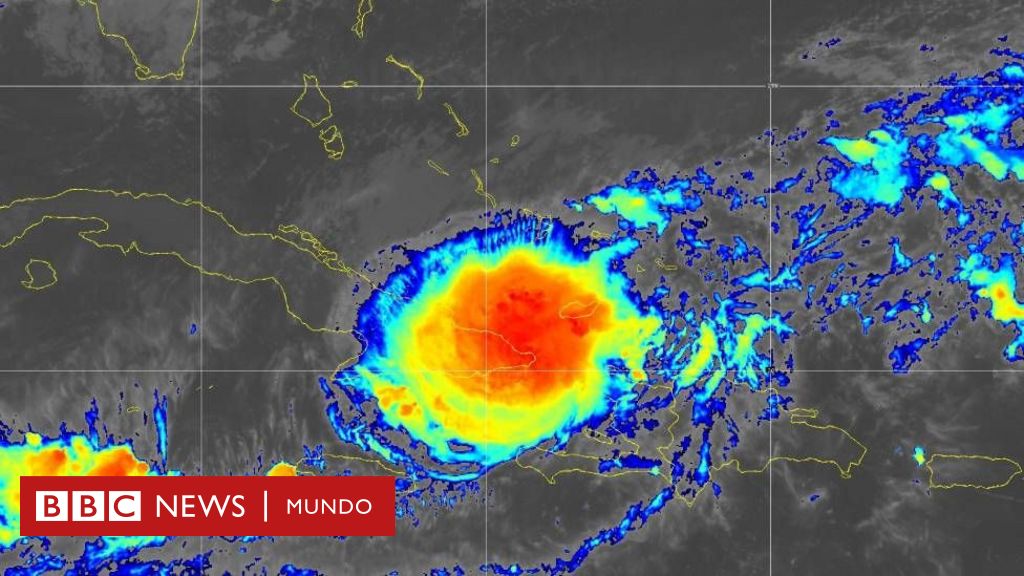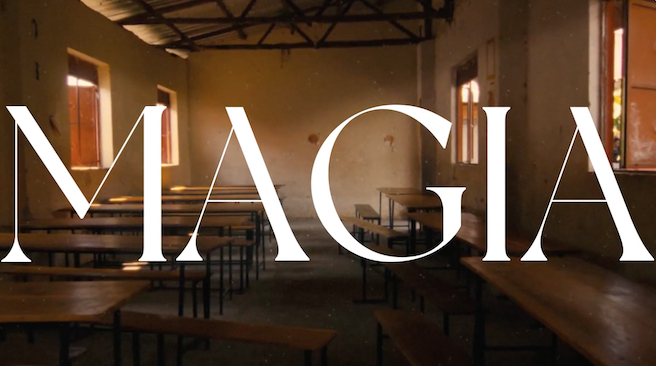Winter sports debate need: Ethnic diversity

Sports Writing, Feb 20 (EFE). The absence of ethnic diversity in winter sports is not new and has a fairly obvious first explanation: the geographical issue. But there is more. Most modalities require a substance that has a high economic cost, and as with all groups seeking a just presence in society, a lack of vision plays a role.
A few days ago, Erin Jackson became the first black woman in history to win an individual event at the Winter Olympics by taking the gold in the 500m speed skating. Before her, only twelve black people had achieved a medal since Chamonix in 1924.
The main reason is supported by the lack of climate in places like Africa, which prevents the generation of a culture around winter sports similar to that of global powers such as Nordic countries or Canada and the United States. But what about the black population of these countries?
Here the economic issue comes into play due to the high cost of materials and this, in countries where the racialized population is likely to fall into poverty – according to the United Nations – is a hindrance when starting to practice these methods.
Also, as usual, the problem with the lack of references in elite sports starts from amateur practice that the simple details of choosing black female models to promote activities in the snow can make a difference.
That’s what initiatives like Mount Noire are trying to show, set up in Great Britain by five black women under the motto “Putting Color on the Mountain”, which provides skiing and snowboarding experiences at all levels with the goal of encouraging the black and ethnic community. Minorities to experience these sports.
Something similar to what was developed in the United States by the National Brotherhood of Skaters (NBS), a non-profit organization, active since 1975, that supports African American skaters and has not stopped growing since its inception.
Another note is the importance of family traditions. The Fernández-Ochoa dynasty model is popular in disciplines with a larger history such as skiing, and thus the practice is difficult to come by without being raised in a family that was already dedicated to this method before.
Africa steps
Despite the fact that there are regions such as Morocco or Tanzania where it is common to live among the mountains covered with a blanket of snow, the general culture of these countries choose other sports. In the same way, the economic issue comes into play again and the fact is that the creation of infrastructures for the practice of these sports also requires high economic expenditures.
This is explained by Cobos Radimir, a South African and social science doctor who focuses on the impact of sport during apartheid, who insists that most athletes who make it to the elite trace back to family ties with countries in the northern hemisphere.
After the landmark Pyeongchang 2018 in which 8 African countries participated, Beijing 2022 saw the attendance of five countries from the continent: Eritrea, Ghana, Madagascar, Morocco and Nigeria, represented by six athletes who participated in alpine skiing and cross-country skiing. .
These figures were possible thanks to a quota system which, although maintained in these modalities, the same did not happen in those based on the ISB and the skeletal system.
Something that affected Ghanaian athlete Akwasi Frimpong closely, who was unable to participate in Beijing 2022 and whose case sparked some comments from the International Olympic Committee in which he confirmed that the ranking system would be revised in order. For a more balanced representation of the five continents.
The IOC’s director of Olympic Solidarity, James MacLeod, appeared at a news conference in which he did not assess whether the representation of Africa, a continent of 1.3 million people, was fair.
And although he stressed that the competitions correspond to the sports federations in every way, he stressed that once these games are over, the system will be studied for Milan 2026, but always taking into account the guarantee of “balance”. between the athletic level and the classes.
Another underrepresented region despite the success of the “Choice to Win” story chronicling the achievement of the Jamaican bobsleigh team is the Caribbean, where only five countries are in Beijing: Jamaica, Puerto Rico, Haiti, Trinidad and Tobago, and the Virgin Islands.
Yvonne Balenzuela

“Reader. Beer practitioner. Web expert. Subtly charming travel geek. Friendly music specialist.”





